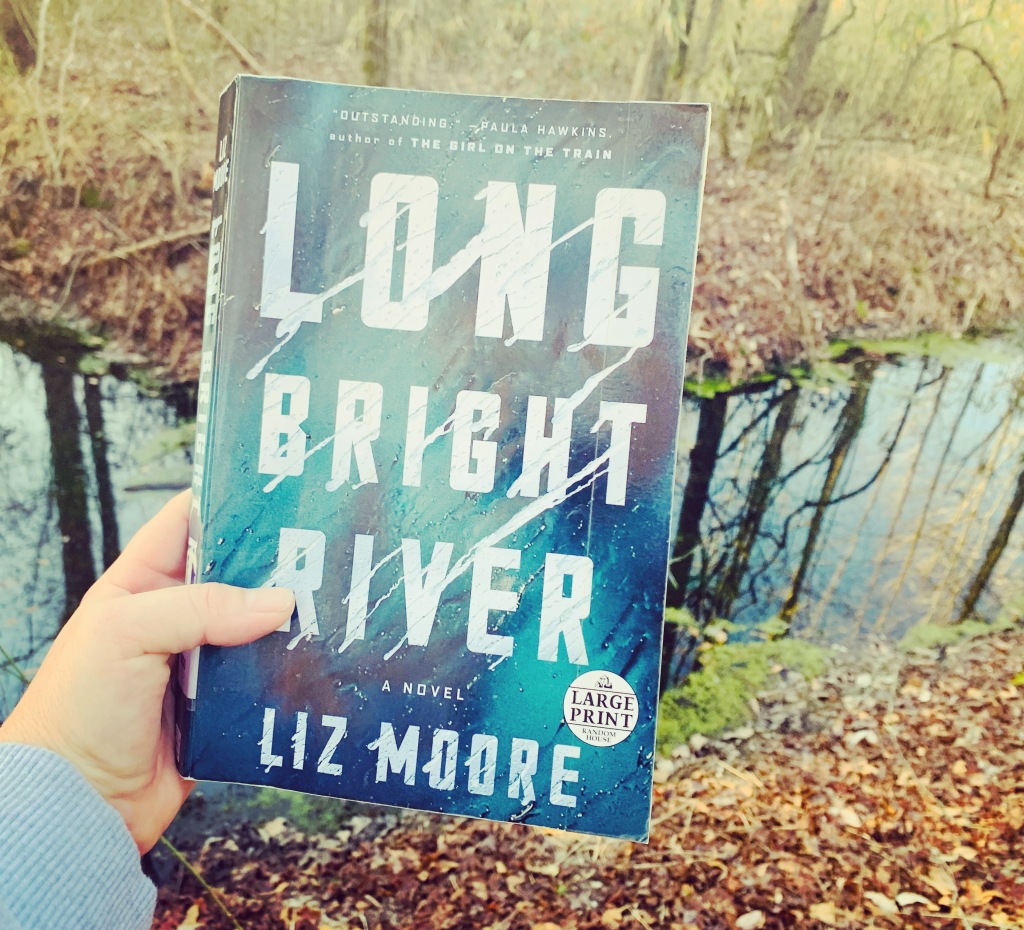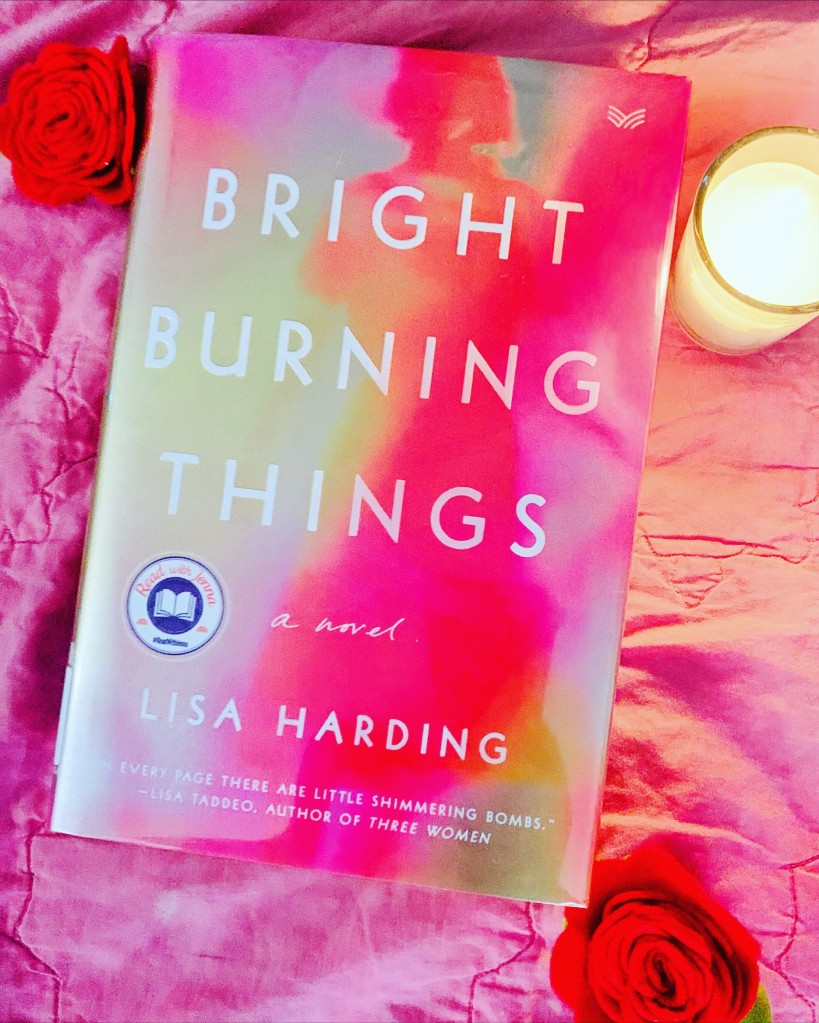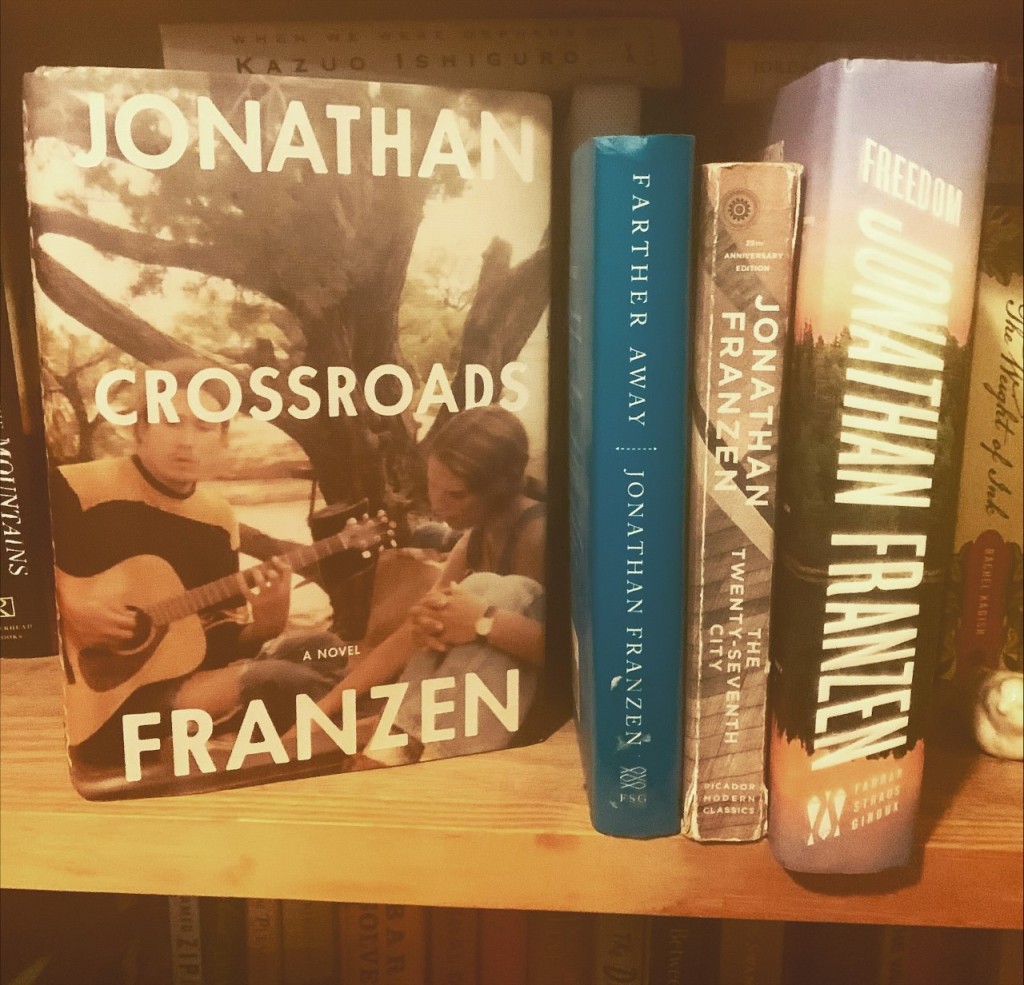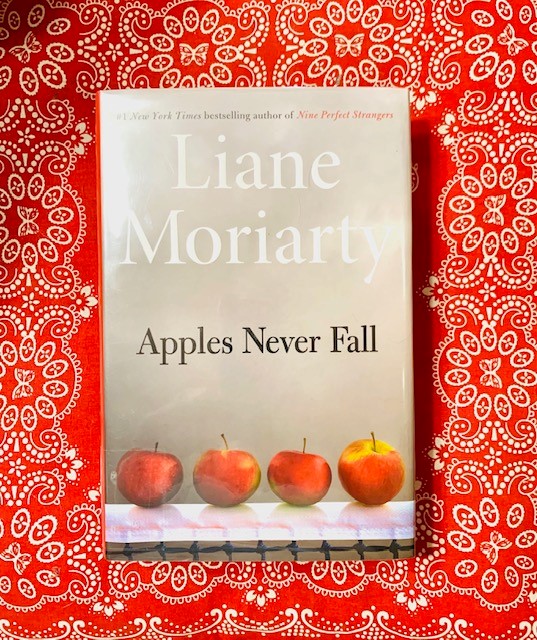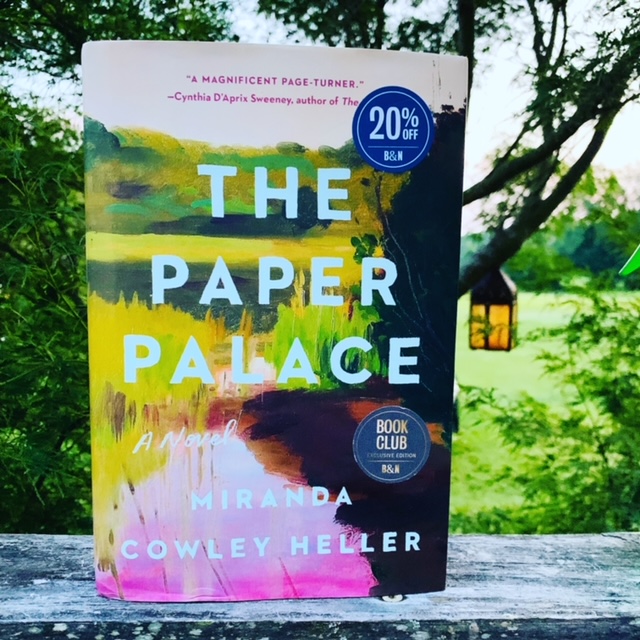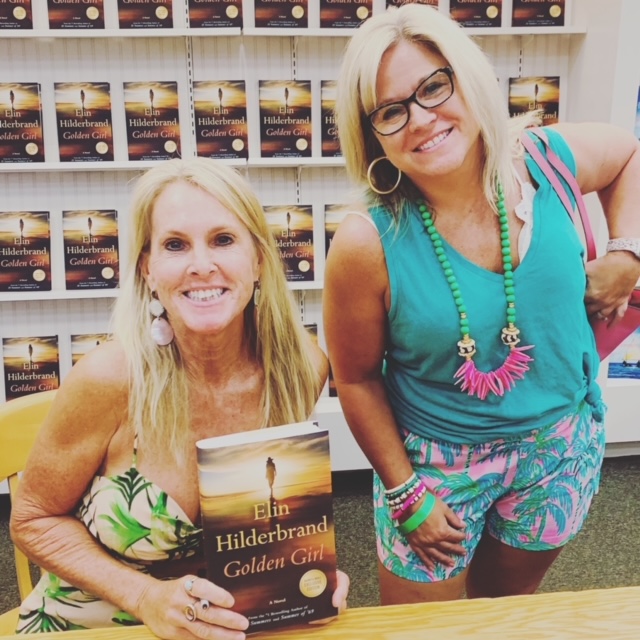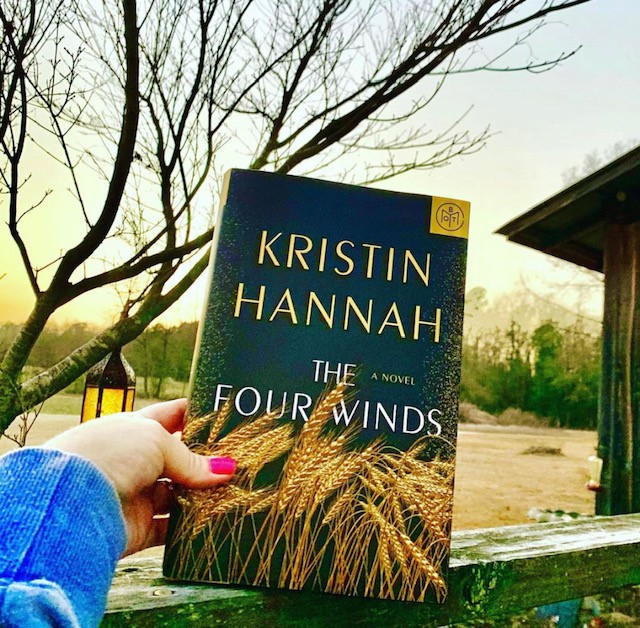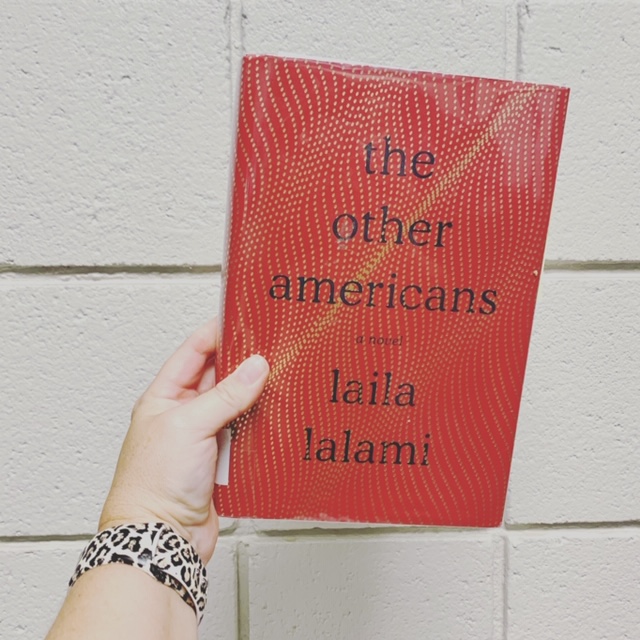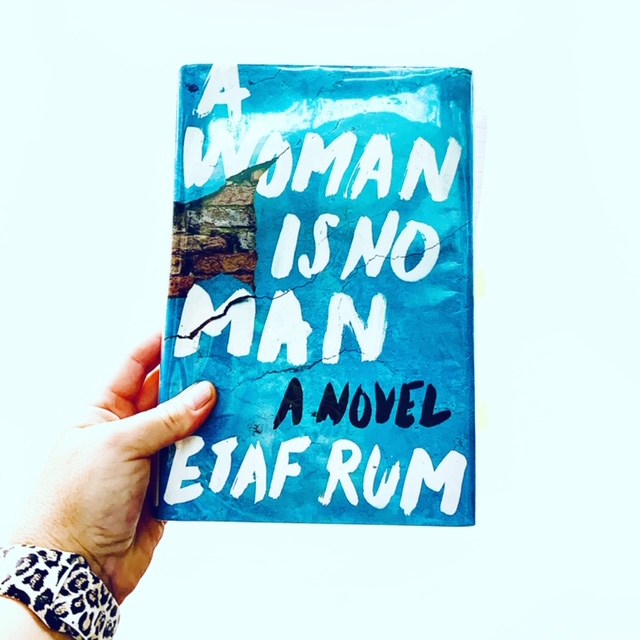A Woman is a Man by Etaf Rum is the story of the voicelessness and despair of several Arab women living in America. The book sheds light on the Arab culture. Women were expected to have boys because girls were looked at as a dilemma and burden, while boys were a way to secure the family lineage and keep an income. “A women’s worth is measured by house, home, marriage, motherhood.” Family reputation is everything. I was angered and saddened by this “controlling and closed cultural world” and the women who had to live this way. All the women were powerless and had no control over their lives or their fate.
“Women were raised to believe they were worthless, shameful creatures who deserved to get beaten, who were made to depend on the men that beat them.”
The book begins with Isra. The year is 1990. Isra is seventeen years old and is shipped off America to marry a Palestine man. She is hopeful that things will be better for her as a woman in a different country. She finds herself, “displaced from home, torn between two cultures and struggling to start anew.” She ends up being ashamed to be a woman and is even more ashamed of her pathetic weakness.
Deya is one of Isra’s daughters and her story takes place in Brooklyn in 2008. Deya is a lot like her mother. “She had learned that there was a certain way she had to live, certain rules she had to follow, and that, as a woman, she would never have a legitimate claim over her own life.” Deya is at the age where it is her turn to be married. She “felt trapped by the confines of the world” and “spent her life trying to please her family, desperate for their validation and approval.” All she really wants is her freedom and the chance to find real love. “She had lived her entire life straddled between two cultures. She was neither Arab nor American. She belonged nowhere. She didn’t know who she was.” She doesn’t believe happiness is real.
Fareeda, the matriarch of this family, is Isra’s mother-in-law and Deya’s grandmother. She is distraught about how her daughter Sarah is disobedient and shuns her Arab culture. Fareeda: “Hadn’t she taught them what it meant to be tough, resilient? Hadn’t she taught them what it meant to be Arab, to always put family first? She couldn’t be blamed for their weaknesses. For this country and its low morals.” Fareeda herself has come from poverty and survived an abusive father and husband. She has accepted that, “Sadness was an inescapable part of a woman’s life.”
Sarah is the most outspoken of all the women. She refuses to be forced to marry someone she doesn’t love and she makes her feelings known to everyone, including her suitors. She becomes a friend and sister and a light in the dark for her sister-in-law Isra.
What I loved most about this story is the role that books played in these women’s lives. Books were a comfort for loneliness. Books kept them company and made them feel alive.
For Isra, books provided, “a surge of happiness.” They helped her “escape from the ordinary world.” They made her feel worthy and gave her hope.
Deya said, “Books were her only reliable sense of comfort, her only hope.” “How many people were hoping to find their story inside, desperate to understand?”
For all these women, it is safer for them to submit and be silent instead of standing up for themselves and fighting for what they want in the world. By the end of the book, there has been so much heartache that you can’t help but desperately want these women to find some sort of happiness. Will any of them be brave enough to fight for their happiness or will they continue to be tied down by the oppressive chains of their Arab culture?
“To want what you can’t have in life is the greatest pain of all.”
Loved this book and these amazing female characters.


